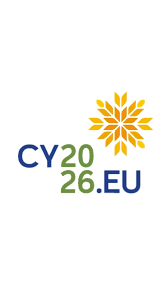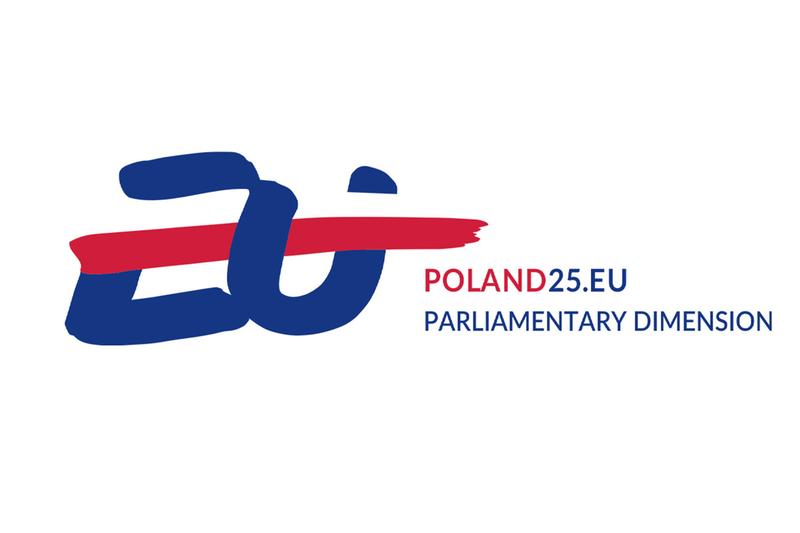The Conference on the Future of Europe (CoFE) – a one-year common undertaking of the European Parliament, EU Council, European Commission and member states during which the Europeans debated on the challenges, priorities and future shape of the European Union – came to an end on 9 May 2022. Its goal was to give a new impetus to European democracy, and the fact that the Conference coincided with the Covid-19 pandemic and the Russian invasion of Ukraine introduced new political, economic and institutional discussion topics, including the issue of enlargement.
European citizens, within a representative sample of EU societies, not only discussed in National and European Citizens' Panels, shared their ideas through multilingual digital platform or during debates of the Plenary Assembly with participation of representatives of the three EU institutions, Committee of the Regions, European Economic and Social Committee, national parliaments, civil society, and local elected representatives, but more importantly, they also agreed on a set of specific proposals.
On 9 May, the Conference Executive Board (representing the EP, EU Council and Commission) presented the final report on the outcome of the CoFE: 49 proposals that cover more than 320 measures under 9 topics: climate change and the environment; health; a stronger economy, social justice and jobs; EU in the world; values and rights, rule of law, security; digital transformation; European democracy; migration; education, culture, youth and sport. The report underlined the bottom-up, citizen-centric nature of the entire endeavour, pointing out that the Conference's tools and methodology can be used for future citizens' engagement and the use of deliberative democracy at EU level.
The three EU institutions, who committed themselves in a joint declaration before the Conference to follow-up on the Conference proposals, after 9 May 2022 have taken such actions – each within their own sphere of competence and in compliance with the treaties. The actions concern both concrete politics, and broadly understood systemic and institutional matters, including innovative mechanisms of civic participation at EU level and the most controversial proposal of amending treaties. In view of some CoFE participants as well as researchers, they do not exhaust however the stage of implementing the Conference recommendations. Nor do they end the debate on the future shape of the Union or possible treaty revision.
The attached files include references to basic documents, information and analyses of:
- The post-Conference stage (after 9 May 2022) - as at 24.05.2024

- The preparatory and the Conference itself periods (until 9 May 2022)

See also:
- Archival website of the Conference on the Future of Europe (CoFE) (including the final report and follow up)
- INFOGRAPHIC: The Conference on the Future of Europe, January 2022
Key words: European Union, deepening of the EU, EU policies, institutional reform, national parliament


